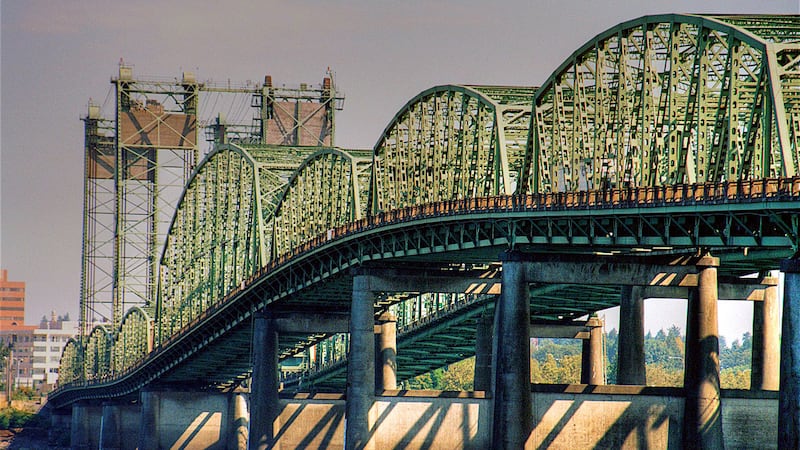Oregon House Speaker Tina Kotek (D-Portland) says a new effort to restart bi-state talks on a proposed new Columbia River Crossing project may not be far off.
A bill introduced in the Washington House earlier this year established a Dec. 15 deadline for legislative leaders in both states to name lawmakers to a bi-state panel to consider options for upgrading the aging, congested Columbia River bridges.
That bill passed the Washington House before stalling in the Senate.
That means the Dec. 15 deadline is not binding but Kotek says the idea of taking a fresh look at how to address traffic between the two states is very much alive.
"It is our understanding that Washington legislators will convene this group this month, with the expectation of inviting Oregon legislators to participate next year," Kotek told WW in a statement. "We will be watching their early discussions closely and welcome their leadership in restarting a bi-state discussion to replace the I-5 bridge across the Columbia River."
Robin Maxey, the spokesman for Oregon Senate President Peter Courtney (D-Salem) was less enthusiastic. "The Senate President hasn't made appointments to that committee and doesn't have plans to make those appointments," Maxey said.
The last bi-state efforts to replace the aging I-5 crossing with a new bridge and light rail collapsed in 2013 after years of work.
Oregon abandoned an one-state solution the following year after both states spent about $200 million on planning and investigation for the project.
Related: A leading CRC supporter says Oregon "Done with the Bridge Issue."
Earlier this year, a contingent of Clark County Wash. lawmakers introduced a bill in Olympia that proposed taking an investory of all previous studies on the crossing and beginning talks on what to do about a persistent source of irritation for travelers in both states and up and down the West Coast.
